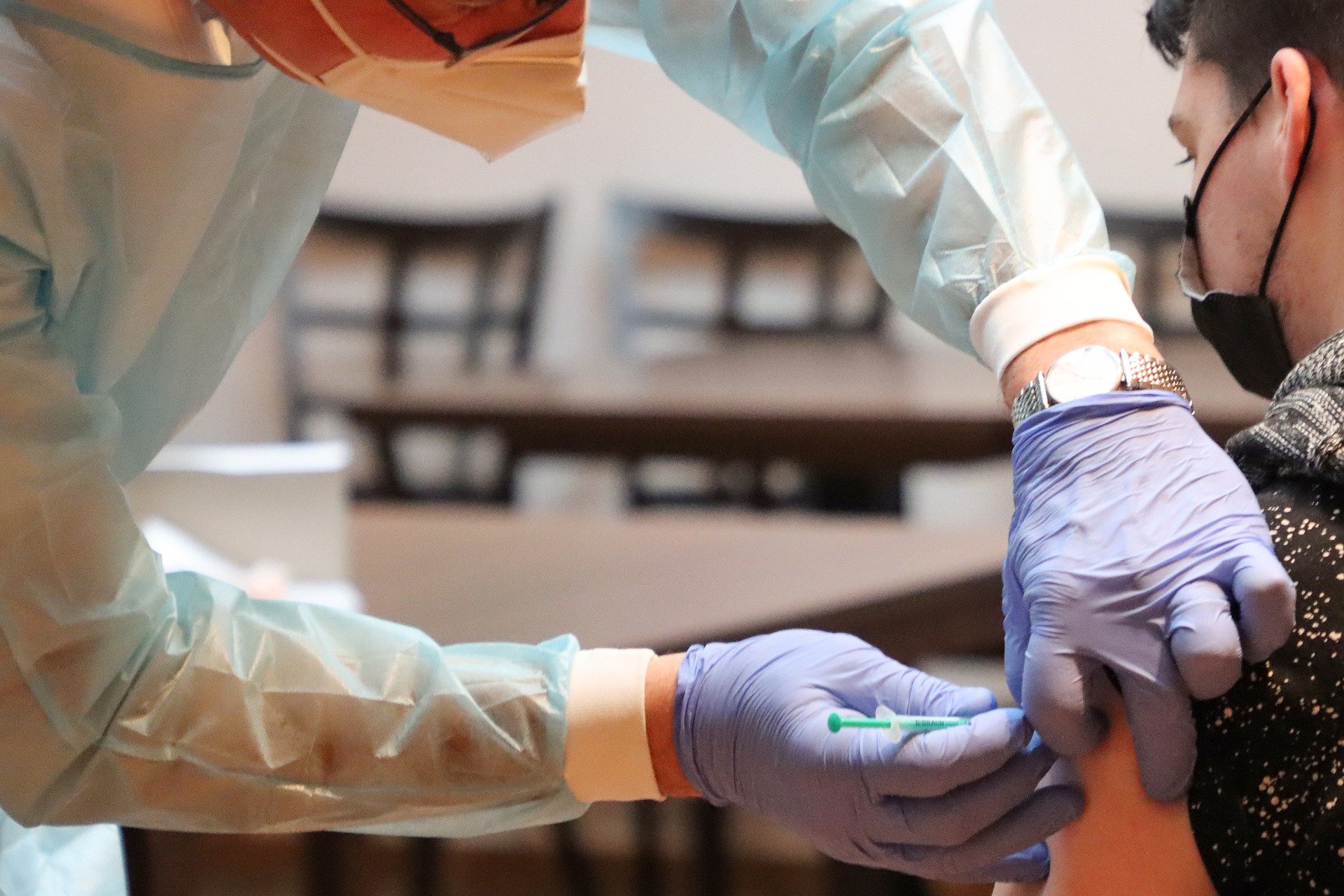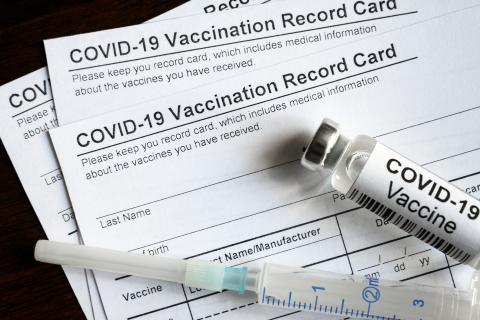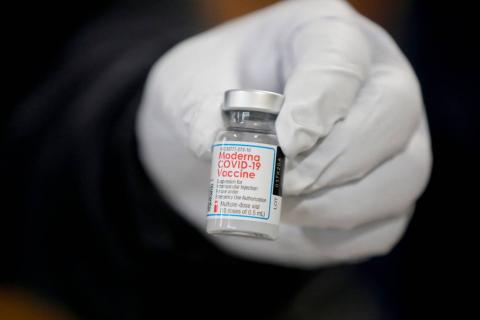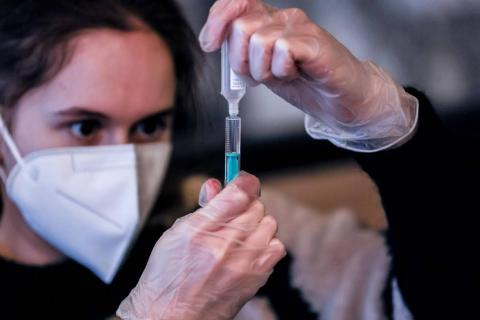When will I be vaccinated?
Spain will start the new vaccination campaign on 26 September, which will offer updated booster doses against the omicron variant. The order of vaccination will be similar to previous stages of the pandemic, starting with the over-80s and people living in residential homes and gradually moving towards vaccinating the entire population, according to the Ministry of Health.
Should I get vaccinated if I have not yet done so?
It is never too late to get vaccinated against covid-19 for the first time and it is advisable to do so. Numerous studies suggest that the immunity generated by infection alone is insufficient, and that the immune response is much broader and longer-lasting if you also get vaccinated (hybrid immunity). As bivalent vaccines combine the original variant with the latest omicron variants (either BA.1 or BA.4/BA.5), it is possible to receive them after a full course of primo-vaccination.
Should I get vaccinated if I already have two or three doses?
The new doses have been updated against the currently dominant variant, omicron. While some are targeted against omicron BA.1 and others against BA.4/BA.5, the important thing is that they cover the evolutionary leap that SARS-CoV-2 has made since 2019. For this reason, an extra dose can help us to boost the immune response.
Should I be vaccinated if I have recently been infected?
Many Spaniards have been infected or re-infected in recent months, presumably by an omicron variant (probably BA.5). One study noted that it would be advisable to wait at least two months after infection, and this has been established in the United States. To optimise its effect, some immunologists recommend waiting about 6 months after infection before receiving a booster, to give the immune system time to develop a full and potent response. However, timing may depend on the individual situation and conditions.
I am young and healthy, do I really need more doses?
Although the first few doses maintain enormous protection against hospitalisation and death, protection against infection wears off quickly within a few months. For this reason, by getting vaccinated, we can avoid infection and help reduce transmission at the population level during the winter season.
Which vaccine is better, BA.1 adapted or BA.4/BA.5 adapted?
Immunologists and epidemiologists agree that the best vaccine is the one that is available to us. At the population level, many studies will be published on which combination or updated dose is best, or even whether it is better to alternate arms or not. At the individual level it does not matter and the differences are not expected to be significant: any vaccine will boost our immune response for the next wave of autumn and winter.
Are adapted or original vaccines better?
Studies comparing effectiveness will be slow in coming, but immunologists believe they will be at least similar. As with the third dose following the emergence of Omicron at the end of 2021, the new booster dose will boost the population's immune wall and help reduce the number of severe cases in the coming months.
Will I have to be vaccinated every year?
It remains to be seen what the long-term relationship will be with SARS-CoV-2 and its vaccines. It is quite possible that the most vulnerable sectors of the population will need to be vaccinated every year as they already do for other diseases, such as influenza and pneumococcal pneumonia.
They say these new vaccines have only been tested on mice. How do I know they are safe?
Tailored doses against BA.1 have been tested in clinical trials in hundreds of people. Those directed against BA.4/BA.5 only have data available in mice. The latter is normal and is already done every year with influenza vaccines: covid-19 vaccines have already been used in millions of people and their safety has been proven time and again. The minor changes brought about by the update are not a problem in that respect.
But I've heard that getting vaccinated too many times can be counterproductive for the immune system?
Many vaccines have more than four doses in their schedule, and others such as influenza are used every year. In that sense, receiving new doses is not counterproductive.
Will I avoid infection if I get vaccinated? How long?
The covid-19 vaccines have been shown to reduce SARS-CoV-2 transmission, but with the latest variants this protection has been shown to be much less and to last only a few months. It remains to be seen when and how long the new doses will limit transmission, but even if they are similar to previous doses, they may help reduce the number of cases. This, at a population level, may be of paramount importance to reduce the number of hospitalisations and prevent outbreaks in places such as residential homes.




